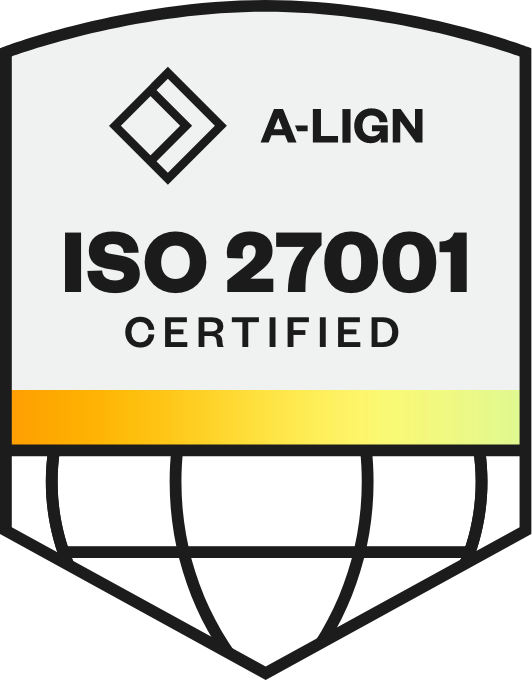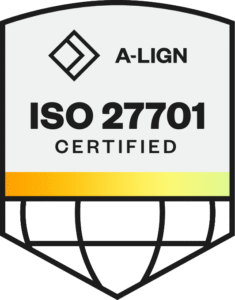What is Proof-of-Authority (PoA)?
Proof-of-Authority (PoA) is a consensus mechanism used in blockchain networks that relies on the reputation of pre-approved validators to secure the system. Unlike Proof-of-Work (PoW) or Proof-of-Stake (PoS), PoA does not require energy-intensive computations or large token holdings. Instead, it prioritizes trust in selected authorities, making it highly efficient and scalable.
In a PoA system, validators are verified individuals or organizations with their identities publicly known. Their role is to validate transactions and create new blocks, ensuring fast processing times and high throughput. This mechanism is ideal for private or permissioned blockchains where trust and speed are critical.
Key Benefits of PoA:
- High transaction speed
- Low energy consumption
- Enhanced security through validator accountability
Popular blockchain platforms like VeChain and Ethereum’s Rinkeby Testnet use PoA for efficient operation. This model is particularly suited for enterprise solutions, supply chain management, and other use cases requiring reliable, scalable infrastructure.
Share this post












